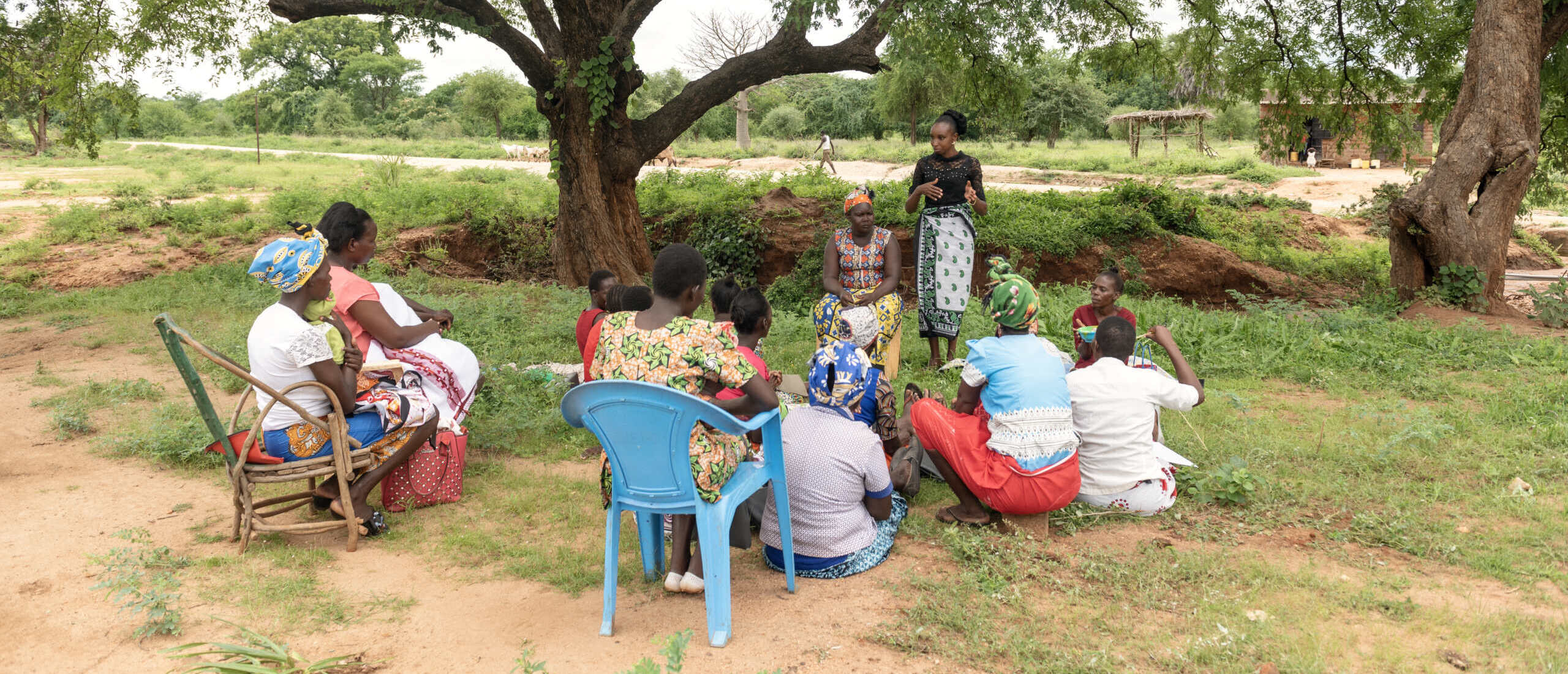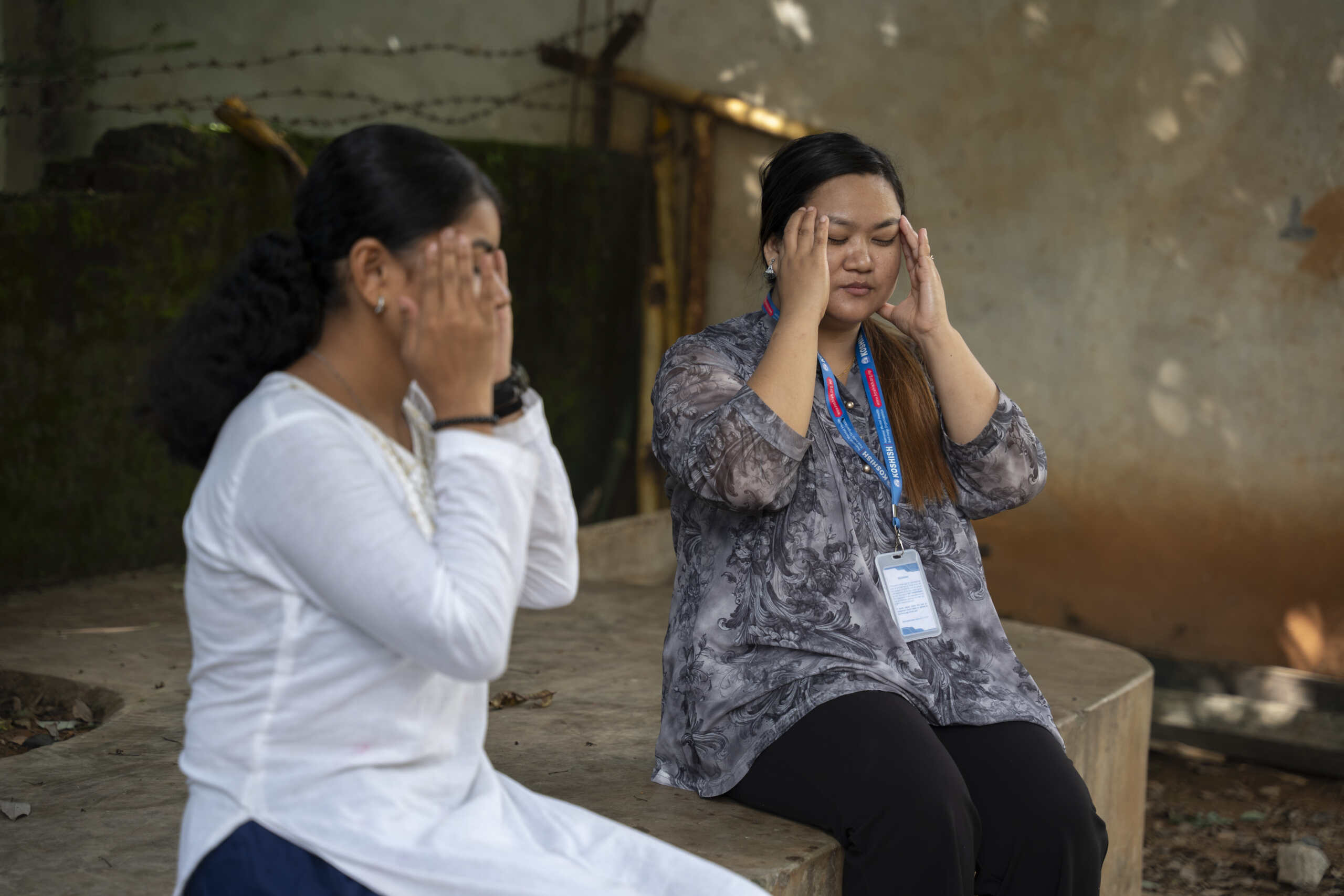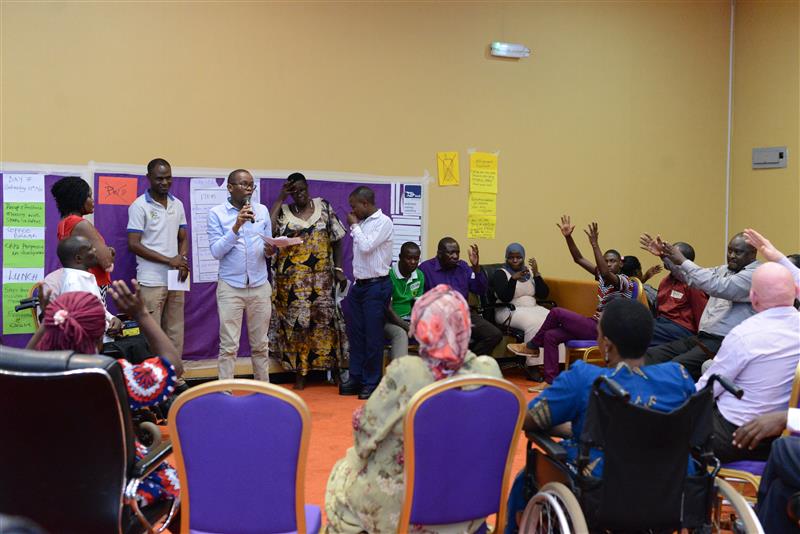What I’ve learned from talking to OPD partners
Blog | May 18, 2022
This blog is written by Julie Smith, Senior Quality Advisor, CBM Australia.
Last year a small team of us in CBM Australia set out to document how we worked with organisations of persons with disabilities (OPDs), what they valued about CBM Global, and areas where they thought we could improve. You can see what our findings have led to here.
Locked down at home during a miserable winter in southern Australia, our team organised Zoom chats with OPD members from places as diverse as Indonesia, Bolivia, Ethiopia, and Nepal. We spoke to OPD members who were involved with CBM Global in high level international advocacy in disability rights. We spoke to members of small local mental health OPDs supported through CBM Global’s field programme. We chatted to OPD members working alongside our Inclusion Advisory Group, as they provided direction to government aid programs on how they could better consider disability issues. And what we heard from these listening exercises has prompted CBM Global to think about how we want to work with OPDs.
There are four things that resonated with me from this work:
- Everyone was keen to give feedback. Overall, OPD members people were very positive about the value of working with CBM Global. And it reinforced to me the value of talking to people, rather than getting them fill in some satisfaction survey- because as we chatted we were able to turn naturally to their thoughts on how working with CBM Global could be improved, what we weren’t doing so well, and what we could do differently. This would never have come out in a survey.
- So many people told us how CBM Global had challenged them to broaden their approach. Because of CBM Global, I heard, OPDs were now making more effort to involve more women with disabilities in their organisation, and had increased their efforts to engage more people with different impairments in their OPD – such as people who are deaf, those with an intellectual disability.
- I also realised that OPDs are missing out on technological improvements. Working from home in Melbourne I was set up with a functioning computer, WebCam, and recording software. OPD members that I talked to were often struggling to chat on old phones and poor Internet connections. If we are serious about supporting OPDs to engage actively in their local and the international community, we need to make sure that there is an equity digital technology.
- And the good side of the pandemic was that it opened up opportunities for OPDs to engage internationally. Along with OPD members, we’ve recently presented our commitments to OPDs in global conferences and workshops. Zoom has been a great leveller. A few years ago it would have required huge effort and expense, not to mention challenges with visas and entry permits, to get OPD members from the Global South to have a space at some of these forums. It’s been really encouraging and invigorating to work with OPD colleagues, planning, coaching, and presenting online presentations. This has provided people with a platform to have their views heard, and build their confidence, connections, and networks.
https://cbm-global.org/blog/lessons-from-opd-partners
Related News

What our partners told us and how it shapes our future
One of our strategic priorities as a Federation is to shift power in partnerships....

Breaking Stigma, Building Hope: Suicide Prevention in Nepal
After losing her young daughter to suicide, Maya developed a mental health condition while...

Accessibility, reasonable accommodation, and budgeting for inclusion
Budgeting for inclusion, accessibility, and reasonable accommodation must be...
